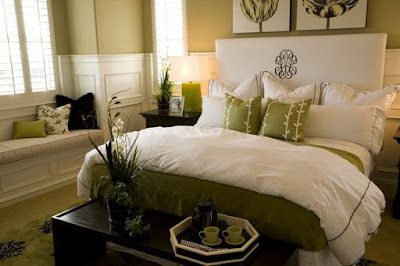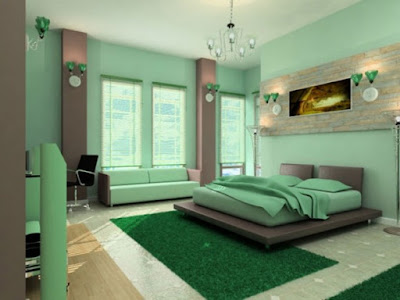Tips for Healthy Homes
 Everyone wants a beautiful house to come home to. We put everything in its place and keep it tidy. But, tidy and neat doesn’t necessarily mean healthy. Here are some ways that your home could be making you sick.
Everyone wants a beautiful house to come home to. We put everything in its place and keep it tidy. But, tidy and neat doesn’t necessarily mean healthy. Here are some ways that your home could be making you sick.Have you seen those commercials about the skin? On the surface, your skin may look soft and supple. But, when treated with a special machine that doctors use to look at the skin more deeply, they can see sun damage within the layers that you didn’t even know was there.
It is the same with your home. On the surface, things look tidy but they can be hiding an unhealthy secret. Lets’ explore way that your home could be hazardous and how to change the situation.
- Mattresses – No one thinks about the bed they sleep on. It can be fine now, giving you the best night’s sleep. What about when it gets old? Lumpy mattresses can lead to back problems and loss of sleep. A good mattress last for about seven years or so. Then it’s time to find a new one. Flipping the mattress every couple of months ensures more even wear. You can also check for stains or problems with the mattress that may need your attention.
- Pillows – They contain synthetic fibers and also down feathers. If your child seems to sneeze, cough or have a stuffy nose, it could be the pillow. Cover pillows in dust covers to prevent the fillings from spilling out and coming into contact with their skin. Also look for hypo-allergenic pillow filling.
- Dust mites and other allergens – When was the last time you changed your air filters? They are designed to grab dust and other allergens out of the air so the atmosphere in your home is filled with clean, breathable air. Most have a life of three months. Using a clogged filter will not only leave more allergens in the air, but also slow down the efficiency of your heating and air conditioning system.
- Use an air purifier. Even with regular filter changes, air purifiers can remove additional pollutants around the house like cigarette smoke, perfumes, cleaning product fumes and other irritants.
- Keep ventilation high in bathrooms. Ever notice how the mirrors and windows get foggy after a hot shower? That same moisture is hanging over the other surfaces as well. It can lead to an increase in bacteria and also to mold. Turn on vent fans and leave doors open after showers and baths to dry the area and keep moisture to a minimum.
- Use dye-free products. Some skin is quite sensitive to the perfumes in cleaners. Try using dish and laundry detergent that is free of them. When you find a laundry detergent that doesn’t cause itching in the family, stick with it.










Comments
Post a Comment